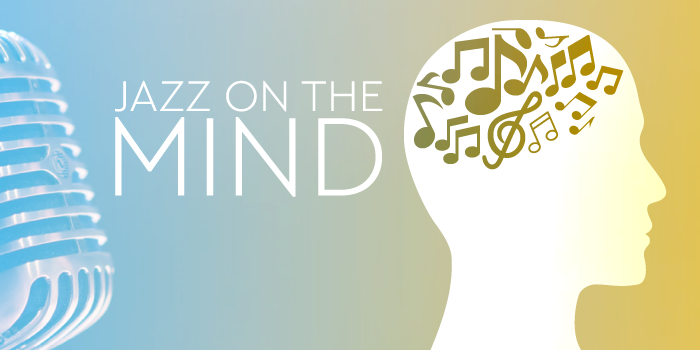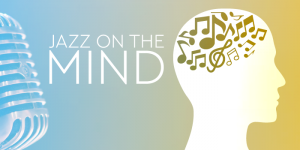
Why Musicians Have Healthier Brains
If you want evidence of how music affects the brain, it makes sense to look at the brains of those who play a lot of music — professional musicians. Brain scans show that their brains are different than those of non-musicians.
Musicians have bigger, better connected, more sensitive brains — Musicians have superior working memory, auditory skills, and cognitive flexibility. Their brains are noticeably more symmetrical, and they respond more symmetrically when listening to music. Areas of the brain responsible for motor control, auditory processing, and spatial coordination are larger.
Musicians also have a larger corpus callosum. This is the band of nerve fibers that transfers information between the two hemispheres of the brain. This increase in size indicates that the two sides of musicians’ brain are better at communicating with each other.
Music chemically effects our bodies — One of the ways music affects mood is by stimulating the formation of certain brain chemicals. Listening to music increases the neurotransmitter dopamine. Dopamine is the brain’s “motivation molecule” and an integral part of the pleasure-reward system. It’s the same brain chemical responsible for the feel-good states obtained from eating chocolate, orgasm, and runner’s high.
So, for a good time, get out their and have some music appreciation time!
The more time you spend listening to or playing music the more your body will crave it and want more of it. This is why many of us constantly have songs running in our brain. If you didn’t before reading this, then you probably do now! You’re welcome!






